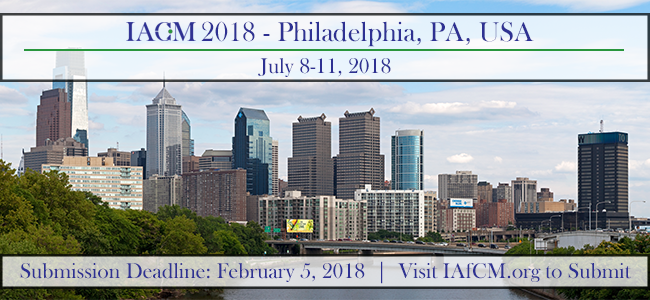Full Program »
Prosocial Distortions in Influence Strategies
People’s decisions are often nudged towards anchors, social norms, and options described using a positive frame. When people are choosing which influence tactics to use in negotiations and social interactions, how do they choose which anchor to provide, which social norm to present, and whether to use a positive or negative frame to describe an option? In this paper, we investigate the influence strategies people use in such situations. We document two primary patterns. First, individuals are more likely to use optimal influence strategies than suboptimal influence strategies on average, suggesting that they understand the directional effects of influence tactics. Second, individuals’ influence strategies reveal “prosocial distortions” towards tactics that can produce positive psychological and/or economic outcomes for their counterparts. We consider and evaluate three theories of influencer (or “Choice Architect”) behavior, based on standard economic theory, pro-social preferences, and the social heuristics hypothesis.
